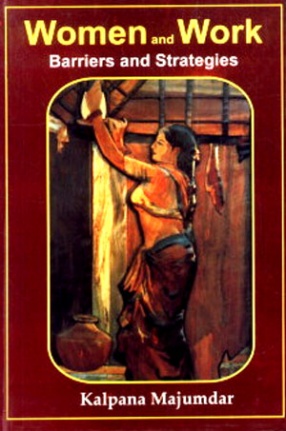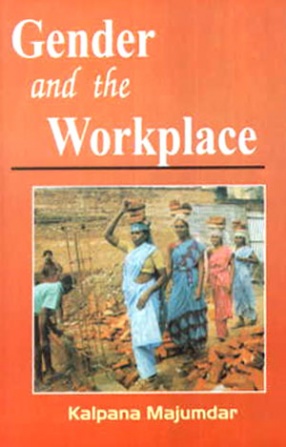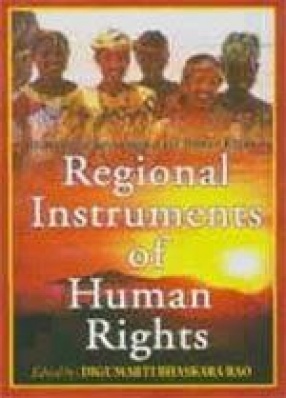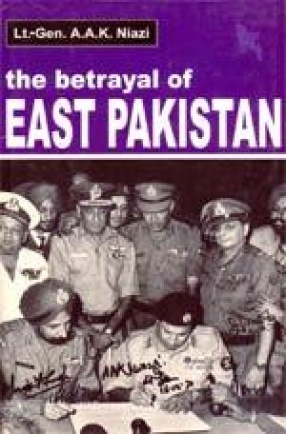From the preface: Women form an important part of the Indian workforce. In the rural areas, women are mainly involved as cultivators and agricultural labourers. In the urban areas, almost 80 per cent of the women workers are working in the unorganised sectors like household industries, petty trades and services, buildings and construction.
In this period of economic liberalisation and globalisation, the quality of women's employment will depend upon several factors. The foremost among these are access to education and opportunities for skill development. The solution lies in creating awareness among women about their legal rights and duties and by providing them adequate opportunities to upgrade their skill levels. The emphasis should be on effective enforcement of the minimum wages act, 1948 and the equal remuneration act, 1976. Proper enforcement of these acts will create an enabling environment for women workers. Besides these protective measures, policies, which encourage education, skill development, and training among women, also need to be given priority.
This book provides a comprehensive examination of the status and issues of women workforce in modern era. It incorporates comparative material from different regions and describes the differences in the experiences of women and men from different racial and ethnic backgrounds. It seeks to link social scientific ideas about workers' lives, sex inequality, and gender to the real-world workplace. This book will be of valuable teaching and research tool for scholars and students in the field of gender studies.







There are no reviews yet.